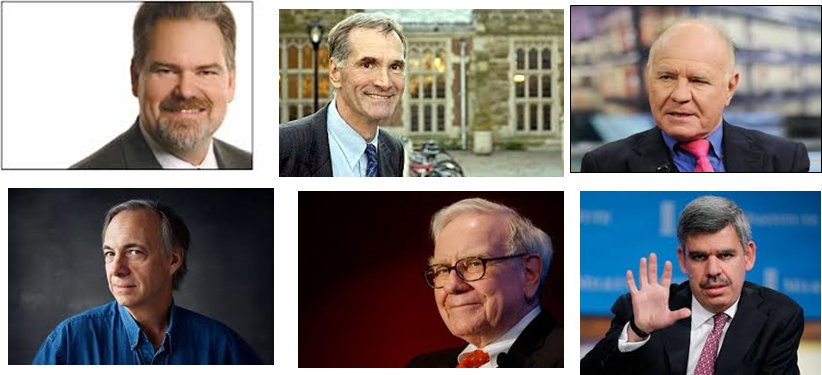“the only freedom which deserves the name, is that of pursuing our own good in our own way, so long as we do not attempt to deprive others of theirs, or impede their efforts to obtain it.”
I say that such principles apply without blemish to the issue of free expression.
The key feature of the speech under scrutiny here is its means or mechanism.
A preacher on a moving train carriage, for instance, knows that his audience’s attention is gained by dint of not being able to leave.
A victim of harassment is so because their freedom to ignore the speech (text messages, calls, letters etc.) is being infringed by their harasser. This ties in well with a freedom to privacy.
Here I’m using the legal definition of a (common) assault, which effectively communicates the principle.
Though this can be in the form of words alone, such speech infringes this right.
I submit that neither of these rights can be reduced to a reductio ad absurdum.
I submit that speech becomes action when its mechanism or content infringe the rights explained above.
If offended, we may instead invoke our corresponding right to ignore whatever speech we wish, and even persuade others to do the same with theirs.
But that is all we may rightfully do.
If one offensive opinion can be outlawed, why not all?
I would trust no one, least of all the state, to be such an arbiter.
If one offensive opinion can be suppressed through violence, why no all?
We may not assume vicarious offence on behalf of others. Such things are personal.
Free speech is perhaps the most precious of rights. Our history is a comedy of errors, and it would serve us all well to protect our only means of error-correction for our posterity.
Such conflations are a great hindrance on this front.
While I’ve advanced ethical positions on a range of subjects, I’m never as confident that I’m on the right side of the debate than here, in the meta-ethical defence of the system by which others can be decided.




